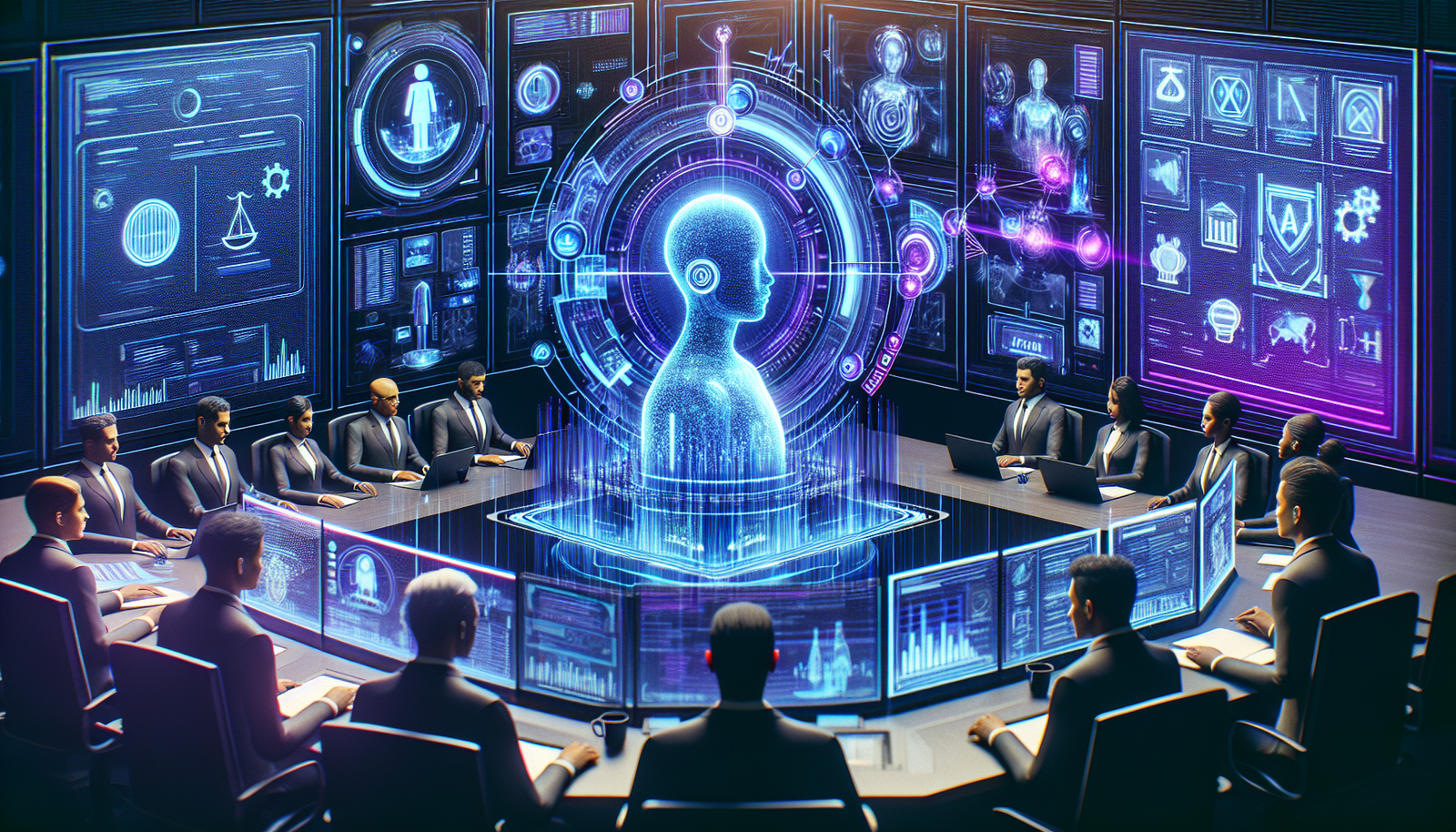Artificial intelligence is revolutionizing legal practice through its automation capabilities. This transformation alters the role of lawyers, prompting essential reflection on the place of the human in this context. Modern tools, such as *chatbots*, lighten administrative tasks and optimize document research. Lawyers integrating AI into their practice observe increased *productivity*, but also face ethical and economic challenges. In light of this evolution, how is the profession adapting, and what emerging risks require special attention?
The impact of artificial intelligence on the legal profession
The proliferation of generative artificial intelligence tools has transformed the daily lives of lawyers, enhancing their productivity on essential tasks. Areas of application include handling administrative tasks, conducting document research, and synthesizing legal files. Such evolution has raised questions about the future of the profession, particularly regarding the career beginnings of new lawyers.
Justicelib: an example of innovation
The law firm of attorney Jocelyn Ziegler recently launched Justicelib, a chatbot designed to connect lawyers and individuals. This solution significantly reduces legal fees for small disputes. The model offered by Justicelib allows a client to click on an intuitive interface, explain their concerns, and receive a notice for 60 euros, a price far lower than the usual fees ranging from 300 to 500 euros.
Changes and fractures within the profession
A report from the Senate revealed that lawyers are at the forefront of digital transformation compared to other legal professions. The rapporteur, Senator Christophe-André Frassa, also highlights a marked divide between the private sector and the public service of justice. Lawyers are experiencing the adoption of new tools at varying speeds, establishing distinct typologies within the profession.
Different categories of AI tools
The National Council of Bars has initiated a survey to assess the level of adoption of these technologies by lawyers. According to François Girault, president of the foresight and innovation committee, two categories of tools are emerging: general text generators, like ChatGPT, and tools specifically dedicated to legal research. Lawyers must ensure that confidentiality is maintained when using these tools.
Facilitated legal research
Among the advancements made, the development of solutions capable of performing syntheses of law and case law deserves particular attention. Since 2022, various software publishers have engaged in fierce competition to refine these functionalities. Attorney Stéphane Gaillard, specializing in medical law, emphasizes that these tools bring lawyers closer to a better understanding of court decisions.
Challenges and future perspectives
The question of whether lawyers might disappear is pressing. AI promises to alleviate the burden of certain tasks while reducing costs for clients. However, this evolution could also threaten the career beginnings of young lawyers. A study on this subject reveals that the vast capabilities of AI tools worry some professionals about their future employability.
National and international repercussions
The implications of AI are not limited to France. Globally, the legal issues surrounding the use of AI crystallize tensions. Recent articles report that students face severe repercussions due to inappropriate publications identified by AI systems. Legal actions have also been taken against OpenAI and Microsoft regarding copyright issues, revealing the legal complexities involved with AI.
The impact of artificial intelligence on the legal field continues to generate debate. The need to adapt legal practices while preserving the rights and duties of professionals must be carefully examined to ensure that innovation serves the interests of all.
Frequently asked questions
How is AI transforming lawyers’ daily work?
AI allows lawyers to enhance their productivity by automating certain administrative, research, and synthesis tasks, thereby optimizing their time and efforts.
What AI tools are commonly used by lawyers?
Lawyers use various AI tools, including chatbots for dispute management, legal research software, and case law analysis systems to refine their results.
Are AI-based legal services cheaper?
Yes, services like those offered by chatbots help reduce costs for clients, making access to legal advice more affordable for small disputes.
Can AI completely replace a lawyer?
No, although AI can handle certain tasks, the lawyer’s role in analyzing cases, interpreting laws, and representing clients remains essential.
What ethical concerns are associated with lawyers using AI?
Concerns include respect for professional confidentiality, protection of client data, and the quality of legal advice provided by automated systems.
How are lawyers adapting to the integration of AI into their practice?
Lawyers are adapting by training in the use of new technologies, incorporating AI tools into their daily routines, and adjusting their working methods to optimize their efficiency.
What benefits does AI bring to lawyers’ clients?
AI helps reduce the cost of legal services, accelerates the handling of cases, and improves accessibility to legal advice for more people.
What challenges do lawyers face with the use of AI?
Challenges include the need to master new technologies, ensure that the tools meet ethical standards, and remain competitive against fully automated solutions.
Is there a divide between private professionals and those in public service in adopting AI?
Yes, reports indicate that lawyers working in the private sector are often ahead of those in the public service concerning the adoption and use of AI-based tools.
What is the future of AI in the legal field?
The future of AI in the legal field looks promising, with a growing trend towards automating redundant tasks, allowing lawyers to focus on more strategic aspects of their work.






